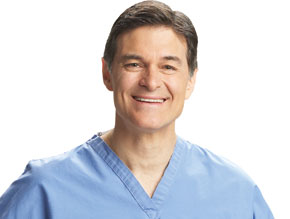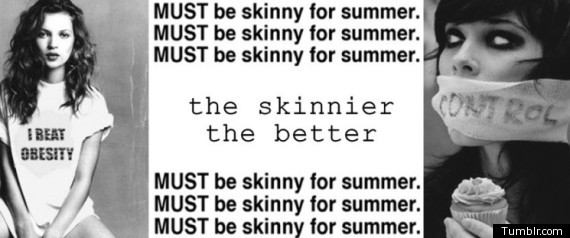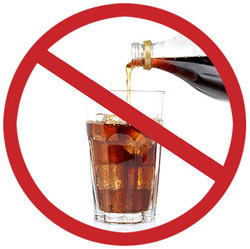Most people I talk to, they'd probably define a program "working" as something that helped them successfully lose some amount of weight. "I know Weight Watchers worked because I was able to lose 15 pounds on their program." "I was doing so well avoiding carbs. That totally worked for me. I lost weight but I just stopped for some reason and when I did, I started to gain weight again." It doesn't how you put it, we think, "working" means losing weight, for the short-term.
Well guess what, starting today, you should begin to redefine what is really "working". If you look at a growing body or research, it's clear, long-term weight loss is extremely difficult to achieve. Now when I say long-term, I mean greater than 5 years. Over the long-term, a majority of people will regain most of the weight that they lose. With that being said, think about the "diets" you've been on and really ask yourself, "Did that really work?" Were you able to keep all the weight off after 5 years? I'm guessing that the majority of you probably will say no, which would be completely normal. Maybe you can't you even answer that question because you can't count how many diets you tried in a 5 year period?
So let's change our definition of "what worked." Let's really be honest and ask yourself, "Did that diet REALLY work for me?" and see what your answer is.
Any plan, diet or intervention whose primary focus is to help you lose weight, will likely not "work." It's not your fault and it never was. The fault lies in the goals of the plan or diet. The fault lies on the pressure we have in our society to be certain size. The fault is that we hate our bodies. The fault lies in the fact that we are focusing on losing weight instead of trying to find good health.
Maybe it's time to do something drastic then. Perhaps it is time for something radical, to go against the grain. It's time to focus on something other than weight because the scale does not determine your health,
What would happen if you measured your health in some other term than a number on the scale, the size dress or pants you wear or by the inches of your waist. What if you were to measure health by how well you feel, how you manage your stress, how often you move your body, how many times do you laugh each day, and how you manage your relationship with food? What if you began to accept and appreciate the body you have TODAY instead of waiting for the body of tomorrow. TODAY is here, now and real.
How do you start changing? Try these 5 things
1) Try to pay attention to hunger and fullness cues as you are eating. Learning to eat when you're hungry and stop when you're full is the foundation to Intuitive Eating and changing your relationship with food
2) Move your body in any way that feels good. Forget the punishment plan. Don't exercise just to burn calories. Exercise because it makes you feel better about yourself and your body. Move because it's one of the best acts of self-care you can for yourself each day.
3) Learn to pay attention not just to what you eat, but why. If you find yourself emotionally eating, ask yourself, "What do I REALLY need right now?" Chances are, it's not really food.
4) Develop a body positive frame of thinking. Try thanking your body each and every day for ALL of the amazing things it does for you.
5) Consider throwing out your scale. Starting to not weigh yourself might be the jump-start you need to learn to change the focus from weight to health.














